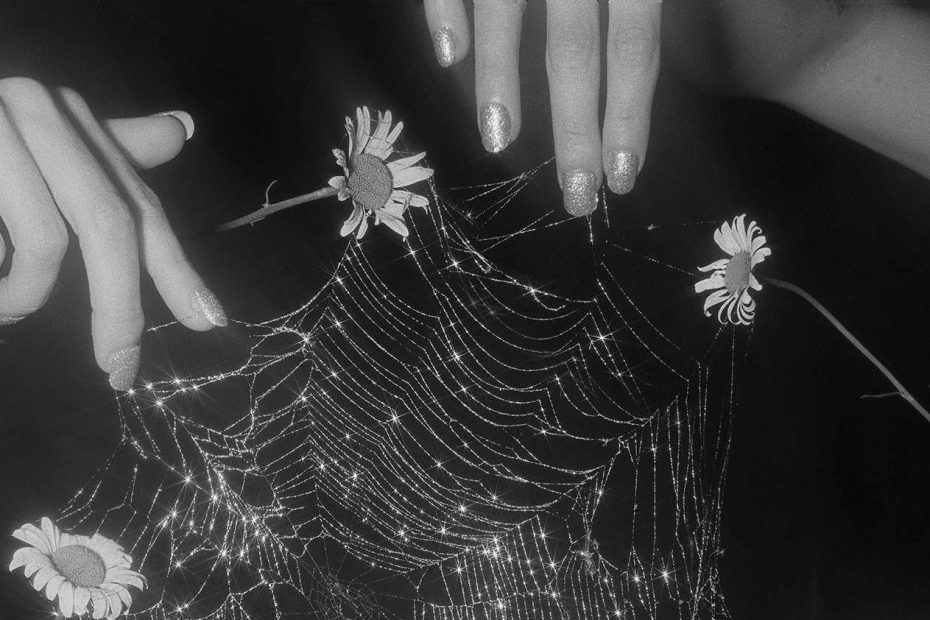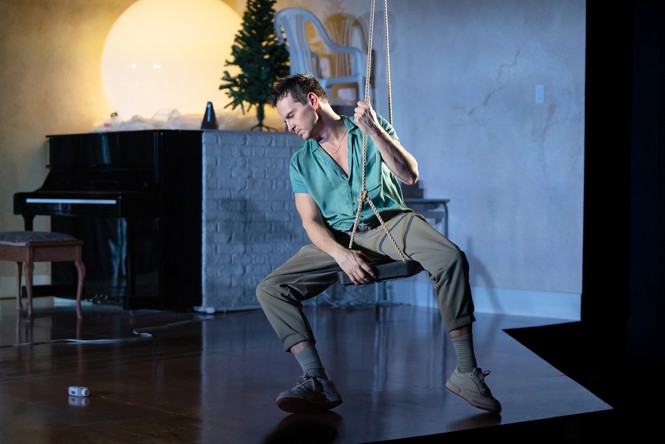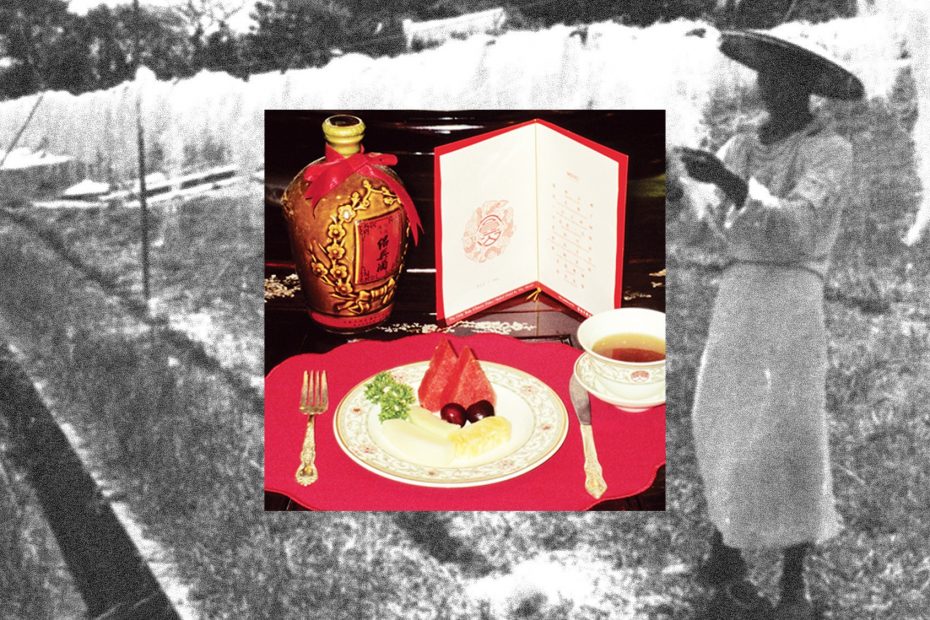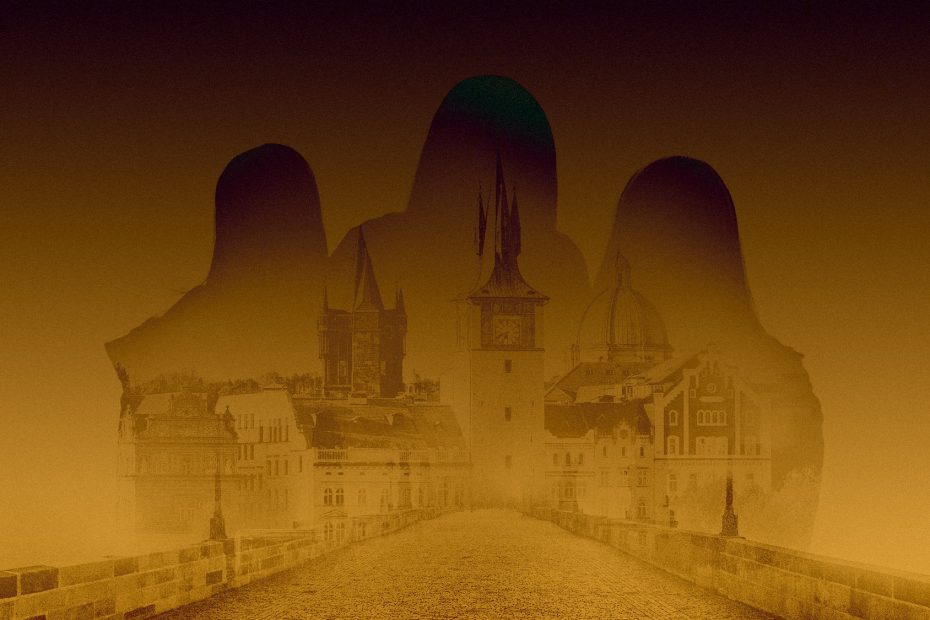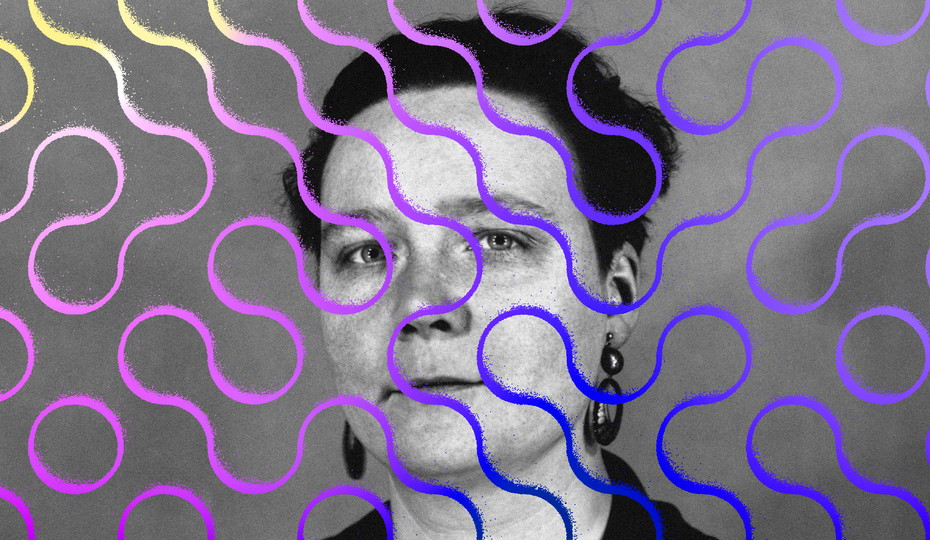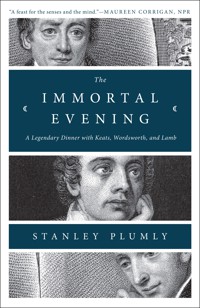Literature’s Enduring Obsession With Strange Sisters
Something is rotten in the village of Little Nettlebed. There isn’t enough rain. A sturgeon of ungodly proportions has been beached on the bank of the Thames. Worse, five sisters have tried to save its life, defying both the mysterious beneficence that brought the fish to shore and local norms dictating that it must be killed for food. In the glow of the late-afternoon sun, the world is no longer beautiful.

